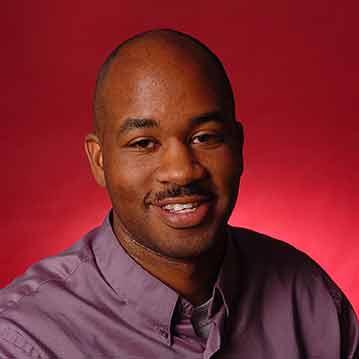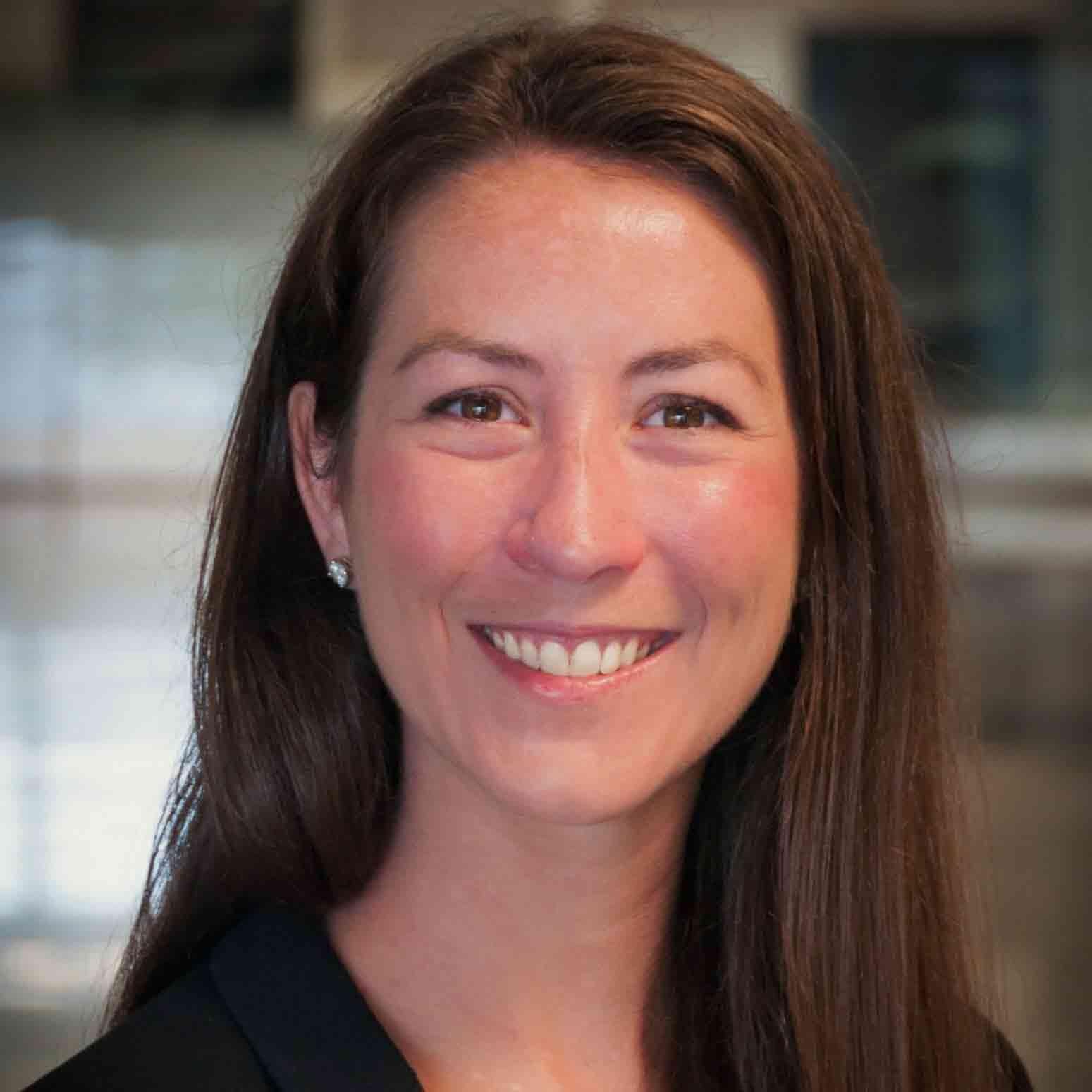Arts
Creative practice as personal expression and social commentary
Introduction
Art—in its infinite forms, functions and implications—is the most accessible and universal way of constructing meaning out of the world we inhabit.
The Arts Scholars program helps students gain a deeper understanding and appreciation of the role that art plays in society and in history. Through a mix of lectures, discussions, demonstrations, collaborative art-making and interactions with guest artists, students consider:
- How art can help us uncover our past and more readily imagine the possibilities of the future;
- How and why art may be used to make an impact or send a message; and
- What different works of art, and personal reactions to them, may signify.
Students will be challenged to conceptualize, articulate and present original ideas through a variety of methods, getting firsthand experience in creative problem-solving and project execution. Ultimately, students will strengthen their personal artistic skill and learn to appreciate a broad spectrum of art disciplines.
The Arts Scholars program attracts a diverse student population from a range of academic disciplines. No matter their area of artistic interest or skill level, students will find themselves immersed in a collaborative learning environment.
Colloquium and Lecture Topics
- What is art? What is “good” art? Understanding social definitions of art and their influence on artistic taste.
- How can we leverage the influence of artistic practice to constructively comment on the depth of our differences, our shared commonalities, and the nuances of identity as individuals and community members?
- What does research look like in the arts? Exploring common methods of creative and artistic research in the professional world.
- In what ways can we embrace creative approaches to identify, address and bring clarity to the societal challenges faced by “you,” “us,” “them” or “other”?
- How can art reshape or recontextualize understanding of our (individual and societal) learned history, biases and beliefs? How can it make visible the invisible?
- West African djembe: Exploring the role of music in community building, storytelling and cultural understanding
I have been challenged to think differently, work cooperatively, embrace creativity and, most importantly, go beyond the limits I have set for myself. Because of this program, I can confidently say I feel infinitely more prepared for the “real world,” and for that confidence and growth, I could never be more grateful.
Other Learning Opportunities
A variety of learning opportunities supplements the Arts curriculum. As an Arts Scholar, you will be introduced to artists, professional ensembles and world-class institutions each semester, through workshops led by guest artists; attendance at live performances in Washington, DC, New York City and on campus; and visits to the Smithsonian's renowned art and history museums.
In addition, you will get a chance to:
- Conceptualize, execute and present a capstone project of your choosing during your second year;
- Participate in service-learning with local schools and arts nonprofit organizations; and
- Cultivate valuable leadership and communication skills through peer mentoring and peer teaching opportunities.
Curriculum Overview
Over the two-year program experience (four semesters), students will complete up to 6 credits of supporting courses that will count toward your Arts Scholars citation. In most cases, these will also fulfill General Education requirements. Note that your Scholars courses—colloquiums, capstone practicum and supporting courses—will generally be in addition to any courses you take to satisfy major requirements.
The following represents a typical two-year curriculum, but individual schedules may vary. Details about courses and requirements can be found on the Arts Citation Checklist.
| SEMESTER | COURSE | CREDITS |
|---|---|---|
| Freshman Fall | Scholars Colloquium | 1 credit |
| Academic Writing (can be taken either Freshman Fall or Spring semesters) | 3 credits | |
| Arts Service Learning (Optional) | 2 credits | |
| 2–4 courses toward degree and major requirements (including possible supporting course) | 6–12 credits | |
| Freshman Spring | Scholars Colloquium | 1 credit |
| Arts Service Learning (Optional) | 2 credits | |
| 3–5 courses toward degree and major requirements (including possible supporting course) | 9–15 credits | |
| Sophomore Fall | Scholars Colloquium | 1 credit |
| 4–5 courses toward degree and major requirements (including possible supporting course) | 12–15 credits | |
| Sophomore Spring | Scholars Colloquium | 1 credit |
| Scholars Capstone | 2 credits | |
| 4–5 courses toward degree and major requirements (including possible supporting course if not already completed) | 12–15 credits |
Sponsoring College
Residence Hall
Bel Air Hall
Faculty


Social Media, Etc.
The Diamondback: UMD students' dance workshop highlights Japanese Butoh style, May 2022
Arts News
College Park Scholars Awards First Rebecca Basena Kampi Memorial Scholarship
College Park Scholars has awarded its inaugural Rebecca Basena Kampi Memorial Scholarship to Joy Nash, a junior materials science and engineering major and an alum of the Media, Self and Society Scholars program. The scholarship provides financial support for undergraduate students in College Park Scholars who, through their leadership and public service, work to produce social change and support social justice.
Scholars Alum Recognized by National Coalition for Work on Campus Voting
Alexandra Marquez, a Media, Self and Society Scholars alum and a 2021 graduate of the University of Maryland, was recently named Standout Undergraduate Student by the All in Democracy Challenge, a coalition of 850 higher education institutions across the country. The All in Democracy Challenge empowers colleges and universities to achieve excellence in nonpartisan student democratic engagement.
New Minor Expands STS Concepts Beyond Scholars
The Science, Technology and Society (STS) Scholars program has long pushed students to consider the ethical, social and political implications of science, research and technology. It’s the kind of thinking that isn’t readily incorporated into most STEM curricula, despite the high likelihood that these students will one day design or introduce innovations that could significantly impact society. Thanks to a new minor, however, more University of Maryland students will soon be exposed to STS teachings.
In Memoriam: J. Lee Hellman, Founding Director of Life Sciences Scholars
College Park Scholars is mourning the passing last week of Dr. John Lee Hellman, the founding director of the Life Sciences Scholars program—one of the four original programs in College Park Scholars. He served as director of Life Sciences from its launch in 1994 until 2009. Hellman was a lifelong Terp, having earned his bachelor’s and master’s degrees, as well as his doctorate, from the University of Maryland, College Park (UMD). After earning his Ph.D. in 1975, he went on to serve as a professor in the Department of Entomology in the then–College of Life Sciences. (Entomology is now a joint department of the College of Agriculture and Natural Resources and the College of Computer, Mathematical, & Natural Sciences.)
In-Person Service Day Relaunches With Enthusiasm
Kids bent over boxes of school supplies. Tubs of tomatoes, picked fresh off the vine. College students clad in waders, waist-deep in pond water. These were just a few of the scenes witnessed during College Park Scholars’ annual Service Day, which took place on Friday, Aug. 27, this year.
